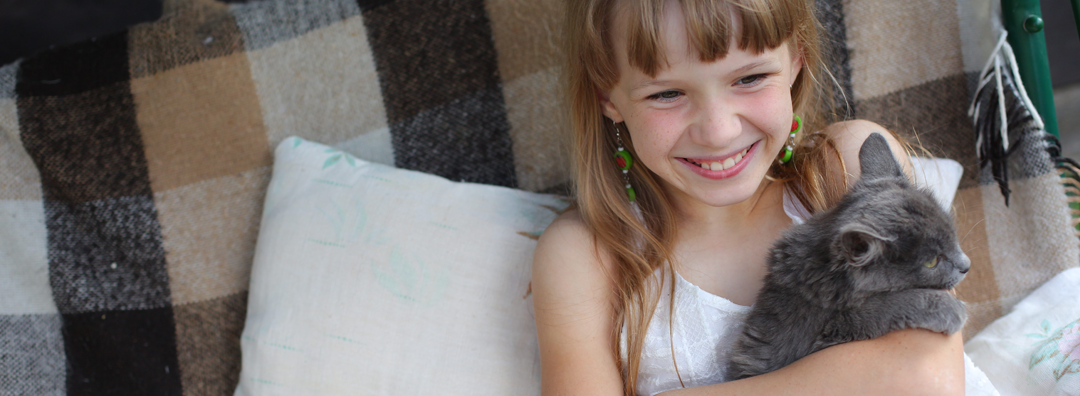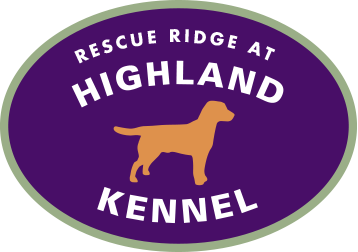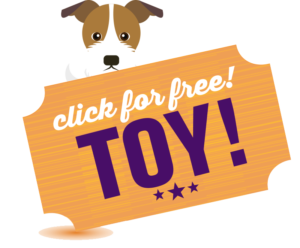
Household Renovation Projects May Pose Pet Danger
Before embarking on that “do-it-yourself” project, review these helpful hints to keep pets safe from the hazards that common home improvement materials can pose.
Paints — Most water-based latex paints are relatively low in toxicity but could still produce gastrointestinal upset. Artist’s paints or other specialty paints could contain heavy metals that could potentially be harmful if large enough amounts are ingested. Should your pet get paint on its skin or hair coat, never use paint thinner or similar solvents to remove it — a chemical burn could result. Instead, a mild pet shampoo or liquid hand dishwashing detergent can be used to bathe the skin and fur. If exposure to the hair coat is extensive, clipping or shaving by a local veterinarian may be required.
Adhesives/Glues — Depending on the type of adhesive involved, a variety of clinical effects are possible following ingestion. Certain construction glues may produce only mild gastrointestinal upset, while others can cause more significant irritation. Additionally, some expanding glue products can result in a potentially life-threatening gastrointestinal obstruction if ingested.
Solvents — Paint thinners, mineral spirits and other solvents can result in severe irritation or chemical burns to the skin and mucous membranes of the eyes, mouth and gastrointestinal tract. In addition, ingestion could produce central nervous system depression and inhalation of these substances could lead to aspiration pneumonia.
Lead — Some older homes, particularly those built prior to 1978, may contain surfaces that have been painted with lead-based paints. Lead exposure can occur from eating paint chips or by inhaling paint dust from sanded or scraped surfaces. Other potential sources of lead can include drapery weights, plumbing parts, putty, rug pads and linoleum. Lead exposure can produce gastrointestinal, behavioral or neurologic effects, as well as clinical symptoms from anemia. The Environmental Protection Agency (EPA) is one source of information to help determine if your home could pose a lead threat.
Mold — Mold can be found in many parts of the home, including under carpeting, behind walls or in heating and cooling ducts. Certain species of mold can produce mycotoxins, which can produce gastrointestinal, cardiac and/or neurologic effects such as tremors and seizures. While most problematic mold exposures in pets involve the ingestion of spoiled foods, if mold is discovered in the home, pet owners should contact the EPA for information on mold hazards, including safe cleaning and removal in order to avoid the potential for problems.
Physical Hazards — Pets could be at risk from a wide variety of physical hazards in homes that are being renovated, including nails, tacks, staples, screws, insulation, electrical cords on power tools and much more. Ingestion of nails and other small hardware fasteners can cause damage to the gastrointestinal tract and could result in an obstruction as well. Pets chewing on plugged in electrical cords could become electrocuted and/or suffer electrical burns to the mouth.
As prevention is the key to avoiding problems from accidental exposure, animal owners should keep pets completely out of areas where renovation or other home improvement projects are occurring and should always read and follow label directions for safe use and storage of materials. In certain situations, it may be advisable to board pets in a kennel or daycare facility to eliminate the potential for exposure to hazardous substances. If accidental exposure should occur, owners should seek veterinary assistance promptly by calling their local veterinarian or an animal poison hotline. Additionally, owners should have the product container or packaging available for reference, as critical ingredient information or instructions on how to manage accidental exposures may be on the label.
ASPCA Animal Poison Control Center, 1-888-426-4435
The Animal Poison Hotline, 888-232-8870 sponsored by North Shore Animal League America and PROSAR International Animal Poison Center (IAPC).
1424 Maxim-Southard Road • Howell, NJ 07731 Open 7 days by appointment

© Highland Kennel | designed with love by Katie | Embodyart ![]()
© Highland Kennel designed with love by Katie | Embodyart ![]()


